The Irish Bioenergy Association (IrBEA) has welcomed the announcement of the new Support Scheme for Renewable Heat (SSRH). Launched by Minister Bruton, the scheme is now open for applications.
“The introduction of the SSRH is a game changer as Ireland now urgently needs to address its declared climate emergency,” said IrBEA president Des O’Toole.
“As well as contributing towards Ireland’s ambitious renewable energy targets, the expected growth in demand for biomass will be a key outlet for the increased supply of forest fibre projected over the next 15 years.”
The biomass heating sector is currently in a state of stagnation and “has waited many years for this scheme to open”, said Seán Finan, CEO of IrBEA.
“This is the kickstart that this industry requires to mobilise the renewable heat sector in Ireland. I strongly encourage non-domestic heat users including farmers to consider applying for this scheme and install a biomass heating system through the SSRH, which will deliver long-term environmental and economic benefits.”
Spokespersons from the renewable energy sector and forestry companies believe the scheme will have major benefits for Ireland’s drive to increase renewable energy, as well as providing increased markets for small logs from first thinning.
“The scheme is based on 1,300GWh of renewable heat per year, so it is envisaged that approximately 360,000t of woodchip or 250,000t of wood pellets will be required to support the increased demand annually,” Seán Finan maintained.
“Minister Bruton needs to ensure that a significant budget is set aside for this scheme in future years to ensure that it reaches its full potential to change the mindset of non-domestic heat-users to switch from fossil fuel heating to renewable biomass.”
Waterford company welcomes the new SSRH scheme
Owen Power, managing director, Enerpower, said the SSRH “is a step forward for the Government in assisting the move towards renewable energy and allowing businesses to take control of their heating bills”.
It will bring Ireland a little closer to meeting European climate targets, he maintained. “The scheme is open to a wide range of users and beneficiaries with those in receipt receiving operating aid in the form of a payment for the useful renewable heat generated over 15 years,” he explained.
Based on a €0.0566 SSRH payment per kWh, the MD of the Waterford-based company said that savings are significant by converting to biomass. “For example, a poultry farmer client of ours was using €20,000 of LPG gas annually before converting to a woodchip boiler, incurring a capital cost of €70,000. In addition to his SSRH payments of €8,000, he is saving €12,000 annually by switching from LPG to wood biomass since the installation and has offset 100t of CO2 per annum. The payback on a project of this size is approximately three years.”
Agri-food sector
Enerpower has worked in the agrifood sector with Wexford Tomatoes and Flahavan’s. Clients include Tesco, Ikea, HSE and Kepak. Power said: “Moving to biomass can benefit businesses, as well as developing the forestry supply chain.”
Minister’s Dáil reply on forestry criticised as ‘defending the indefensible’
Minister Michael Creed provided written answers to Deputy Jackie Cahill’s Dáil questions about “the delay in processing forestry applications” for new planting, felling licences and forest roads on 25 June. Minister Creed provided data for 2017 and 2018 while information was available for the current year up to June for afforestation and roading.
In the case of afforestation, the minister provided data for the numbers of applications rather than the area planted. For example, this year 409 applications for afforestation have been received and 109 have been “received and decided”.
Minister Creed made no reference to the low planting returns last year and so far this year. Nursery and forestry company spokespersons estimate “a historic low planting level of between 2,200ha and 2,500ha, so far this year”.
Minister Creed acknowledged delays in issuing licences “due to archaeological and ecology issues”. He said: “Additional resources have been provided to undertake the archaeological review with two new archaeologists employed [and] significant work has been done to clear backlogs arising for this reason.”
In relation to delays due to assessing sites by an ecologist, “the recruitment process for a new ecologist will shortly commence with a view to putting resources in place to meet the increased demand”, he said.
Spokespersons for the forestry companies have criticised Minister Creed’s response. “Slow decision-making is the primary driver of poor conversion rates between an application and actual planting,” said John O’Reilly, Green Belt.
“For example, archaeological inspections have been a problem for years and ecology is a bottleneck for over two years and, yet, Minister Creed is only now beginning to recruit one ecologist for the country,” he said.
In relation to wood mobilisation, Minister Creed referred to forest road construction and felling licences. “The total number of applications received for forest roads this year was 327, with 79 “received and decided”, he said.
“The number of tree felling licence applications received up to the end of May 2019 has increased by almost 93% on the same period in 2018 – 1,587 in 2019 compared to 823 in 2018,” said Minister Creed.
“In turn, the number of licences issued has increased by 288% in the year to the end of May 2019 – 2,899 compared with 747 in 2018.”
The low level of grant approvals for forest roads has been criticised by all the forestry companies interviewed, while the high number of felling licences has been acknowledged.
However, Daragh Little, Veon Ltd, criticised the minister for his “selective reply” to Deputy Cahill’s question on felling licences by not providing data for private forest owners but instead combined data for Coillte and the private sector.
“What Minister Creed’s figures do not show is the increasing gap between felling licence applications and licences issued,” he maintained.
“The figures presented, while showing increased licences issued, hide the fact that most of these licences were issued to Coillte.”
Last year, 93% of Coillte’s clearfell applications were approved by the Forest Service, compared with 73% from the private sector.
While acknowledging the complexity of issues facing Minister Creed, the overall response by forestry companies to his reply has been critical. “Minister Creed’s response is no more than defending the indefensible,” maintained Paddy Bruton, Forestry Service Ltd.
“It is time to stop justifying the current poor performance of planting and roading and acknowledge that action is needed to restore the forestry programme,” he said.



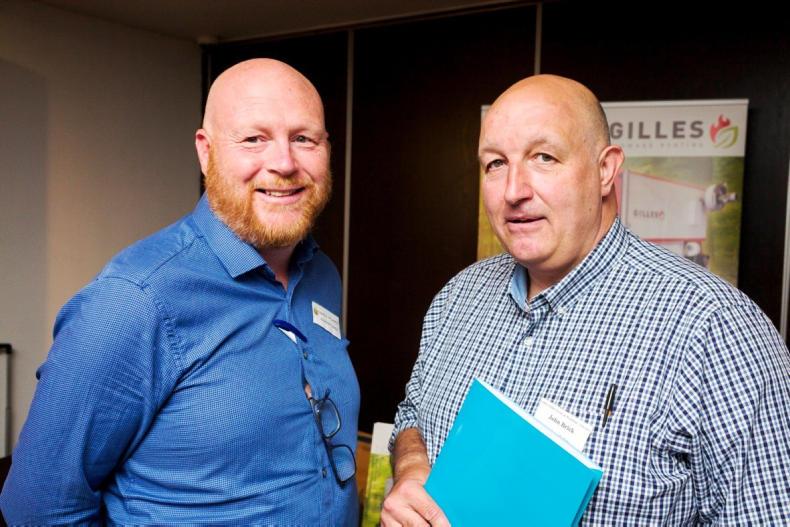

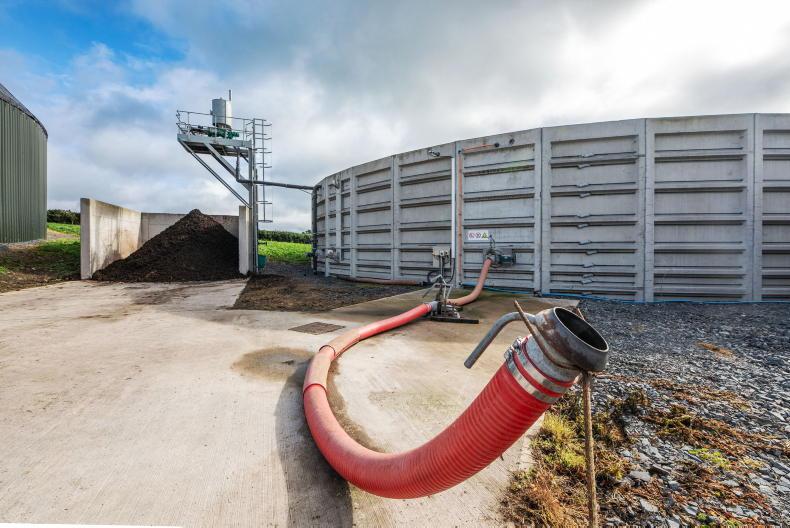

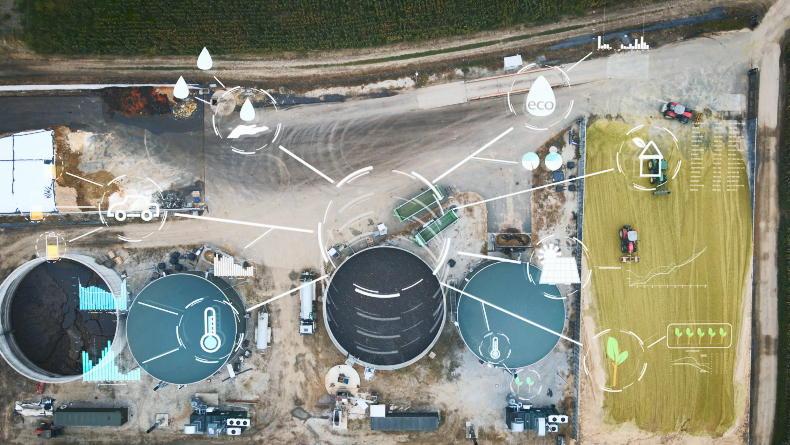
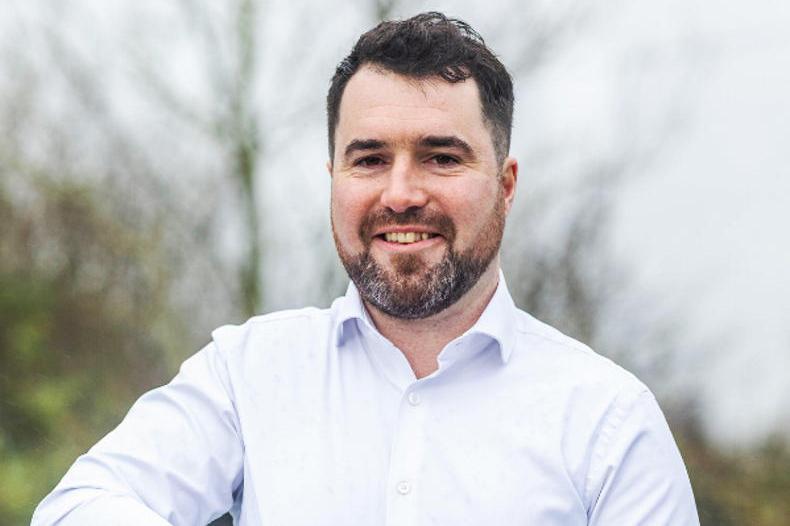
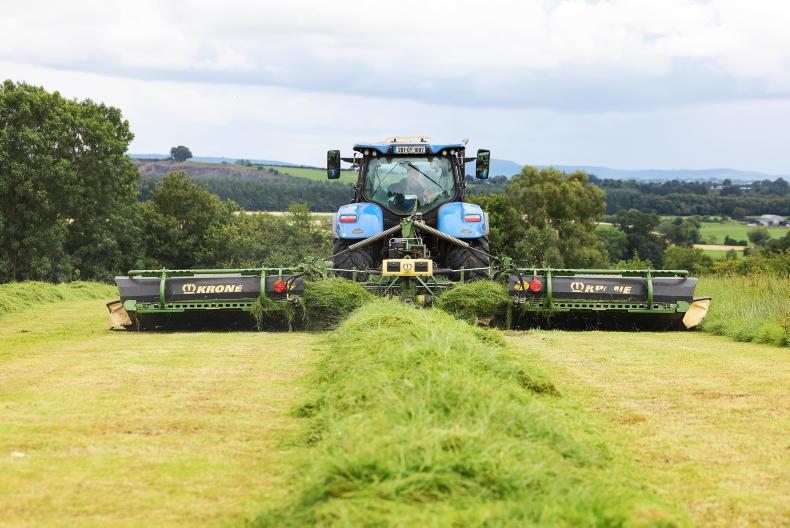
SHARING OPTIONS